
Report
In Name Only
Are Free Trade Zones Assisting Capitalism or Criminals and Crony Capitalists?
AEI,
2013
Read or listen offline
Amazon Kindle
résumé audio créé automatiquement
1×
Connectez-vous pour écouter un résumé audio.
résumé audio créé automatiquement
Recommendation
Free trade zones (FTZs) have proliferated in the absence of a global trade agreement. FTZs attract overseas businesses by adopting a laissez-faire attitude toward tariffs, duties and regulations. Yet these same liberal market principles lure counterfeiters, money launderers, drug smugglers and other criminals. Economist Roger Bate provides chilling evidence of the dangers FTZs pose to legitimate companies and to global security. getAbstract recommends his gripping anecdotal report to policy makers, business executives and concerned consumers.
Summary
About the Author
Roger Bate is an adjunct scholar at the American Enterprise Institute.
Learners who read this summary also read
Book
Book
Book
Article







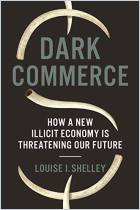
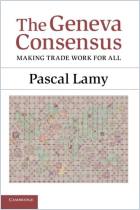
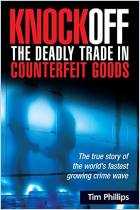
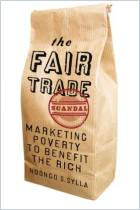
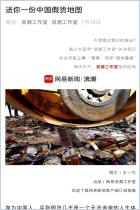



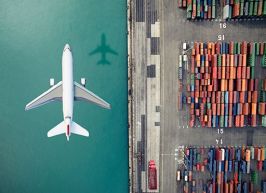
Comment on this summary or Démarrer une discussion